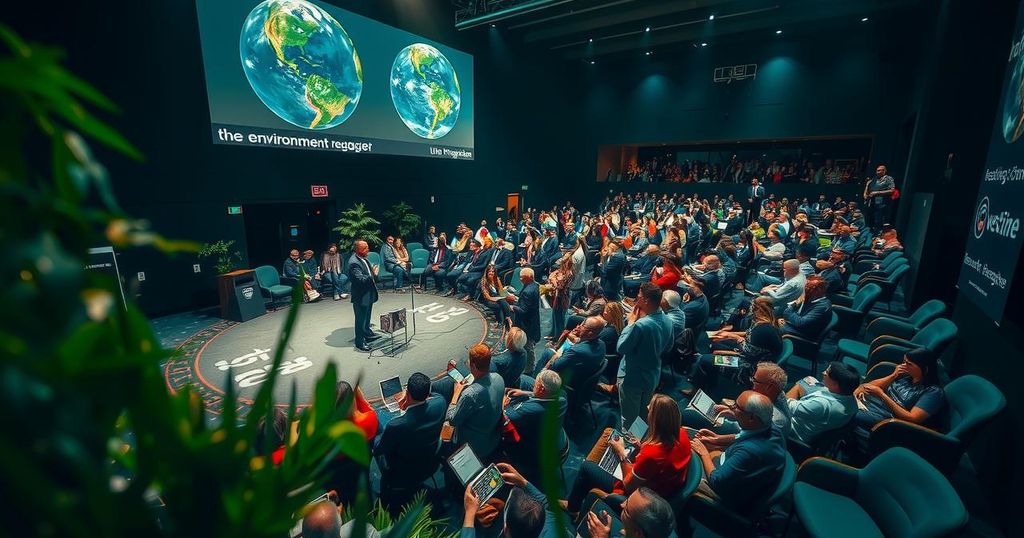Negotiators at the UN climate talks in Baku face familiar challenges, echoing previous failures such as COP6 in 2000 and COP15 in Copenhagen. Historical challenges include disputes over climate commitments and reliance on consensus, often resulting in incomplete agreements. Recent biodiversity discussions likewise concluded without commitments due to logistical and participation challenges, prompting calls for resumed negotiations in 2025.
Negotiators faced significant challenges on Saturday at the UN climate talks in Baku, not an unfamiliar scenario in the history of these conferences. Since the first UN climate conference in 1995, various sessions have witnessed contentious debates, and several ended in failure due to a lack of consensus. A notable example is COP6, where talks were suspended amid disputes over major political issues and disagreements around the application of land use credits under the Kyoto Protocol.
The uncertainty surrounding the outcome of U.S. elections at that time exacerbated the situation, with negotiators unsure of the climate policies of the new administration. Alden Meyer, a climate diplomacy expert at E3G, remarked, “There was that uncertainty. They couldn’t agree. And ministers started leaving, and they had to suspend the COP.”
Another significant failure was observed during COP15 in Copenhagen in 2009, widely anticipated yet ultimately disappointing. The election of Barack Obama, who sought to reverse Bush-era climate policies, raised hopes for a fruitful outcome, but the negotiations floundered as world leaders could not reach a binding agreement. The outcome was the Copenhagen accord, which only acknowledged climate change without concrete emissions targets.
Logistical problems worsened matters at the Copenhagen summit, with delegates struggling to find sustenance during the extended negotiations, as noted by Paul Watkinson, a former French negotiator, who stated, “In Copenhagen, there was no longer anything to eat or drink on Saturday.”
Most recently, the COP process on biodiversity concluded on November 2 without securing financial commitments to halt environmental degradation. COP16 held in Cali, Colombia, faced challenges culminating in an inability to establish a quorum amid fatigue and disinterest among delegates, leading to calls for renewed discussions in early 2025.
The background of the UN climate conferences highlights a prolonged history of challenges in securing global commitments to address climate change. These gatherings are pivotal for international climate policy, yet they frequently stumble over political divisions, differing national interests, and the quest for consensus. Over the years, numerous conferences have yielded minimal progress on binding agreements, leading to disillusionment among participating nations. The failures of key summits such as COP6 in The Hague and COP15 in Copenhagen illustrate the complexities of negotiating international climate action amid shifting political landscapes and competing priorities, intensifying the urgency for effective agreements that align with global climate goals.
In conclusion, the recurring theme of failure at UN environment conferences underscores the complexities of international climate diplomacy. Despite the weight of expectation and urgency surrounding these talks, historical precedents such as COP6 and COP15 serve as stark reminders of the hurdles that negotiators face. The need for effective communication, consensus-building, and underlining logistical support remains critical to ensure future conferences do not repeat past mistakes, enabling concrete outcomes that promote global environmental sustainability.
Original Source: www.rfi.fr






